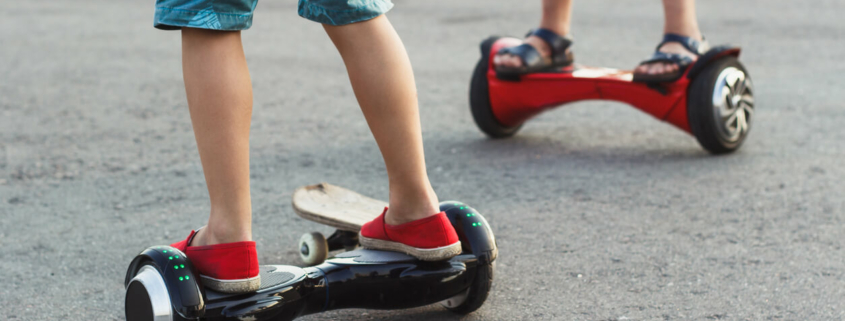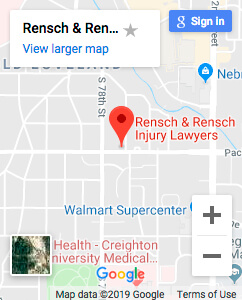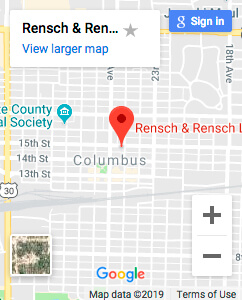Hover boards Recalled Due to Fire Risk—Are Sellers Responsible for Injuries?
OMAHA, Nebraska. According to NPR, over 500,000 hover boards were recently recalled due to the risk that they could catch fire. The Consumer Product Safety Commission noted that while not all devices sold were included in the recall, consumers should still consider discarding hover boards because of the fire risk. If you own a hover board and are not sure whether it is subject to a recall, the Consumer Product Safety Commission recommends that consumers contact the manufacturer and request a refund, replacement, or repair.
The risk stems from the fact that battery packs in the scooters can catch fire. Reports indicate that individuals have suffered burn injuries and property damage due to home fires.
Yet, what options do consumers have if they have suffered property damage or burn injuries due to a hover board fire? Would consumers have the right to sue the manufacturer or a person who sold them the board? This was the subject of a recent personal injury case reported by QZ. According to QZ, a Tennessee family tried to sue Amazon after a hover board they had purchased on the website caught fire and destroyed their home.
The family didn’t realize that they were purchasing the board from a third-party seller on Amazon and not from Amazon itself. The hover board arrived at the home in a box branded with Amazon’s logo. Documents revealed that Amazon was aware that there was a hover board fire risk. Amazon had reason to believe that all hover boards could be a potential fire risk, but it only pulled some of these products from the market.
However, the courts found that because Amazon wasn’t the manufacturer of the product, the company ultimately wasn’t responsible for the fire damage caused by the product. When it comes to defective products, individuals have the right to sue a manufacturer if the manufacturer was aware of a risk and didn’t warn consumers. Amazon’s role as a “middleman” in the transaction allowed it to skirt some of the liability it would have faced had it been either a direct seller aware of the risk, or a manufacturer.
What does this case mean for consumers? For one, when buying anything on Amazon, it is often wise to do your due diligence. In other cases, Amazon has been in the news for selling other products that proved to be problematic. For instance, during the recent solar eclipse, Amazon came under fire for selling eclipse glasses that might not offer full protection.
If you do suffer an injury due to a defective product, or due to another person or party’s negligence or neglect, consider speaking to the personal injury lawyers at Rensch & Rensch in Omaha, Nebraska. Our firm may be able to review your case, help you understand your rights under the law, and help you fight to receive the settlement you may deserve. Visit us at https://www.renschandrensch.com/ to learn more.
Rensch & Rensch Law
7602 Pacific Street,
Suite 102
Omaha, NE 68114





